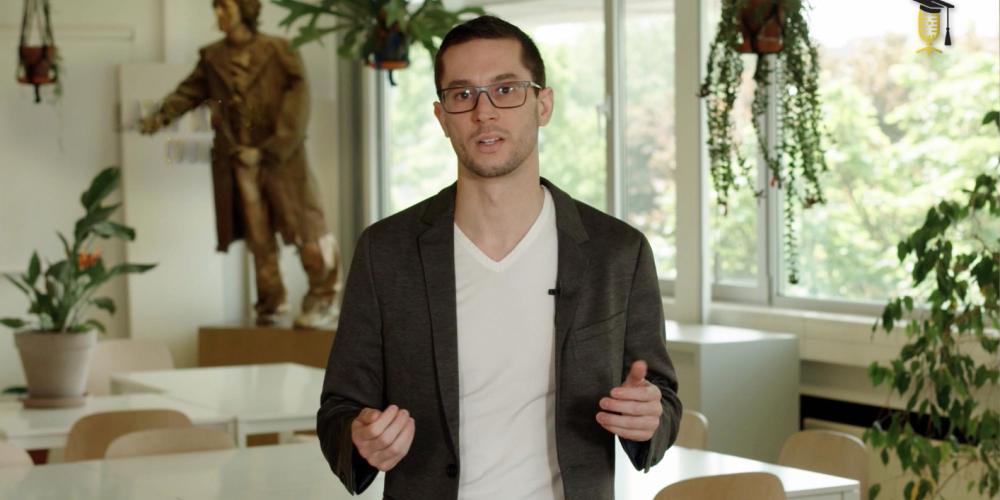
In this piece Latif Kadri, VUB PhD Researcher in Philopsphy and Moral Sciences, shares ancient philosophical wisdom to help people stay positive during the COVID-19 pandemic.
How can we remain positive during a global pandemic? We are currently engulfed within the second wave of the corona virus and it seems as though we are heading into a dark winter. Therefore, seeing a ‘possible light at the end of the tunnel’ is becoming ever more difficult. The world around us is shutting down and isolation is being encouraged. This seems to be a recipe for increased depression and anxiety. Nonetheless, difficult times often offer opportunities for growth and improvement within individuals and society. and at times like these one might find some comfort in certain ‘ancient wisdom’.
"Difficult times often offer opportunities for growth and improvement"
“You have power over your mind - not outside events. Realize this, and you will find strength.”Throughout Marcus Aurelius’ Meditations we are presented with philosophical gems such as the abovementioned quote. When the world around us seems to be crumbling the philosophical school of thought known as stoicism has given us many brilliant ways to cope with our emotions. During times of crises if we turn to the media it can be rather difficult to find beacons of light that might brighten up our day. Thus, it is crucial to revisit history and remember the brilliant philosophical revelations of the past.
These are certainly not the greatest of times for society and many individuals. Yet, if we turn to another great mind of the past, namely Epictetus, we can be reminded of an extremely relevant stoic tenet. In The Art of Living, Epictetus gives us a foundation for happiness and freedom by stating: “Happiness and freedom begin with a clear understanding of one principle: Some things are within our control and some things are not.” Therefore, during times like these if one is to find some sort of inner tranquility it is vital to be able to distinguish what is within our control and what is not. No one wants to get sick or be quarantined, yet these are matters that are often out of our control. It is inevitable that one will become sick throughout one’s life and eventually perish.
"Death smiles at us all; all a person can do is smile back."
Once again, luckily for us we can turn back to past proverbs that may allow us to rise out of these gloomy times. “Death smiles at us all; all a person can do is smile back (Marcus Aurelius, Meditations).” Misfortunes and death will come for us all; nonetheless, truly understanding these facts gives us a type of freedom, namely, a freedom of how we can react to the inevitable. Do we let these facts cripple us or do we rise to the occasion and become the hero of our own movie? Our reactions to misfortunes and death are up to us and it is our duty to make sure these reactions bring out the best in ourselves and our community. Thus, it is vital for us to react to such situations in a positive manner and make sure that in the future we can look back at these gloomy times and know that we did all we could to make the best of it.